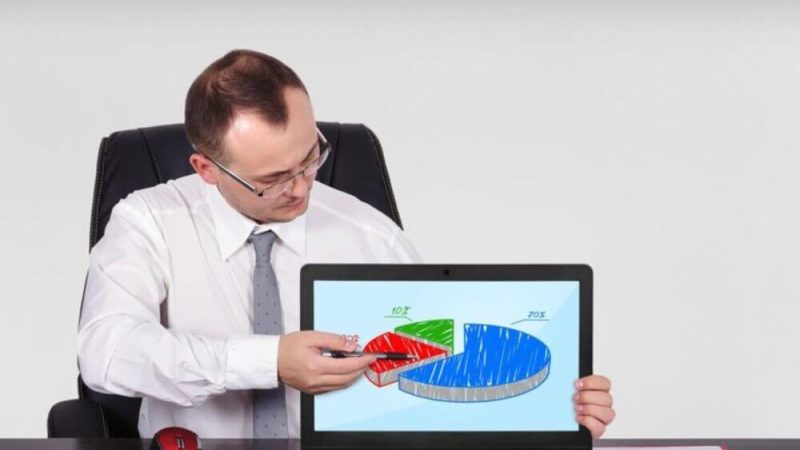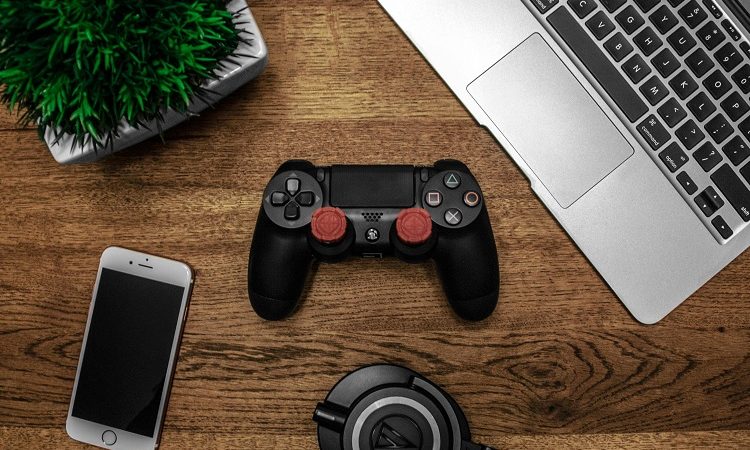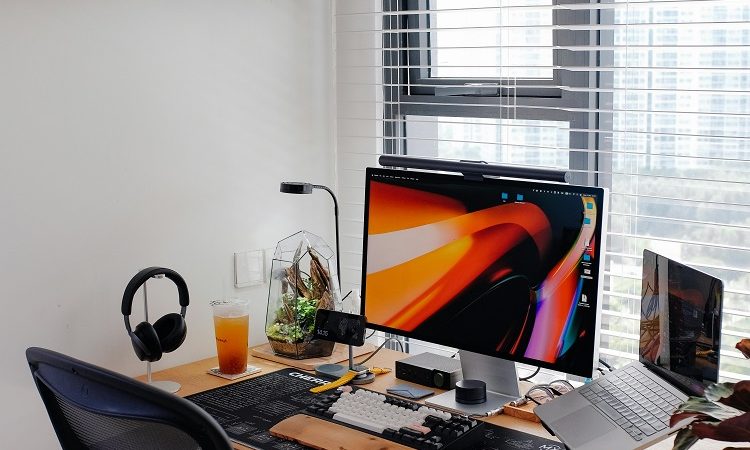5 Maintenance Tips for Crystal Clear Pool Water

We all know that pool chemistry and pool sanitization are important to keep your pool germ-free, but did you know that while pool chemicals kill most germs quickly, some can live for days?
Most pool-goers may not give germs in the water much thought, but they certainly notice the clarity of the water. Getting the pH level and calcium hardness correct is a balancing act. The right amount of chlorine is important too to avoid problems.
When the pool water is bright and dazzling, it is quite attractive. As a result, it is important for pool owners to install pool enclosures that keep dirt out, prevent algae growth, reduce water and chemical evaporation, and save money on energy costs.
- Keep The Water Circulating
Moving water has less of a chance of bacteria and algae taking hold and growing. Make sure your pool pump is working properly and circulating the water through the filter and back into the pool.
Using the pool also helps because as you swim, you are helping to circulate the water.
- Clean The Filter
The pool filter must be cleaned on a regular basis in order for it to function properly and remove debris and other debris from the water. Another option to keep debris and dust out of your pool is to invest in automatic pool covers, which are the most efficient way to keep your pool temperature consistent, particularly at night when temperatures drop.
- Brush And Vacuum
Because the circulating water doesn’t reach places like the corners of the pool or the area around the steps, algae and bacteria start to grow in these areas. Remember to brush the walls and floor weekly and vacuum once a week if you don’t have an automatic vacuum running.
- Test The Water
Your pool water needs to be balanced to avoid bacteria and algae growth, to avoid skin and eye irritation, and to prevent damaging the pool and pool equipment.
Use a test strip or kit to monitor the levels of the chemicals in your water. The most important are the pH, total alkalinity, and calcium hardness levels.
The readings will tell you what you need to adjust to get your pool water just right to avoid cloudy water, scale deposits, and corrosion.
- Shock Regularly
What does it mean to shock your pool? It means adding more chlorine than usual. It’s called super chlorinating to kill bacteria and algae that your regular chlorine regiment might miss.
You should shock your pool once a week to bring the chlorine levels up to 40% of the cyanuric acid level.
Are you wondering about the comparison of a salt water pool to chlorine? Learn more here about the myths associated with saltwater pools.
Crystal Clear Pool Water
Now that you’ve learned the importance of a commercial pool monitoring system, your pool water will be sparkling clean for maximum enjoyment throughout the summer months.
Did you learn something here? Be sure to bookmark our site for easy access to all of our great content. We cover topics relating to news, entertainment, home improvement, health & fitness, education, fashion & shopping, and more. Don’t miss out.





